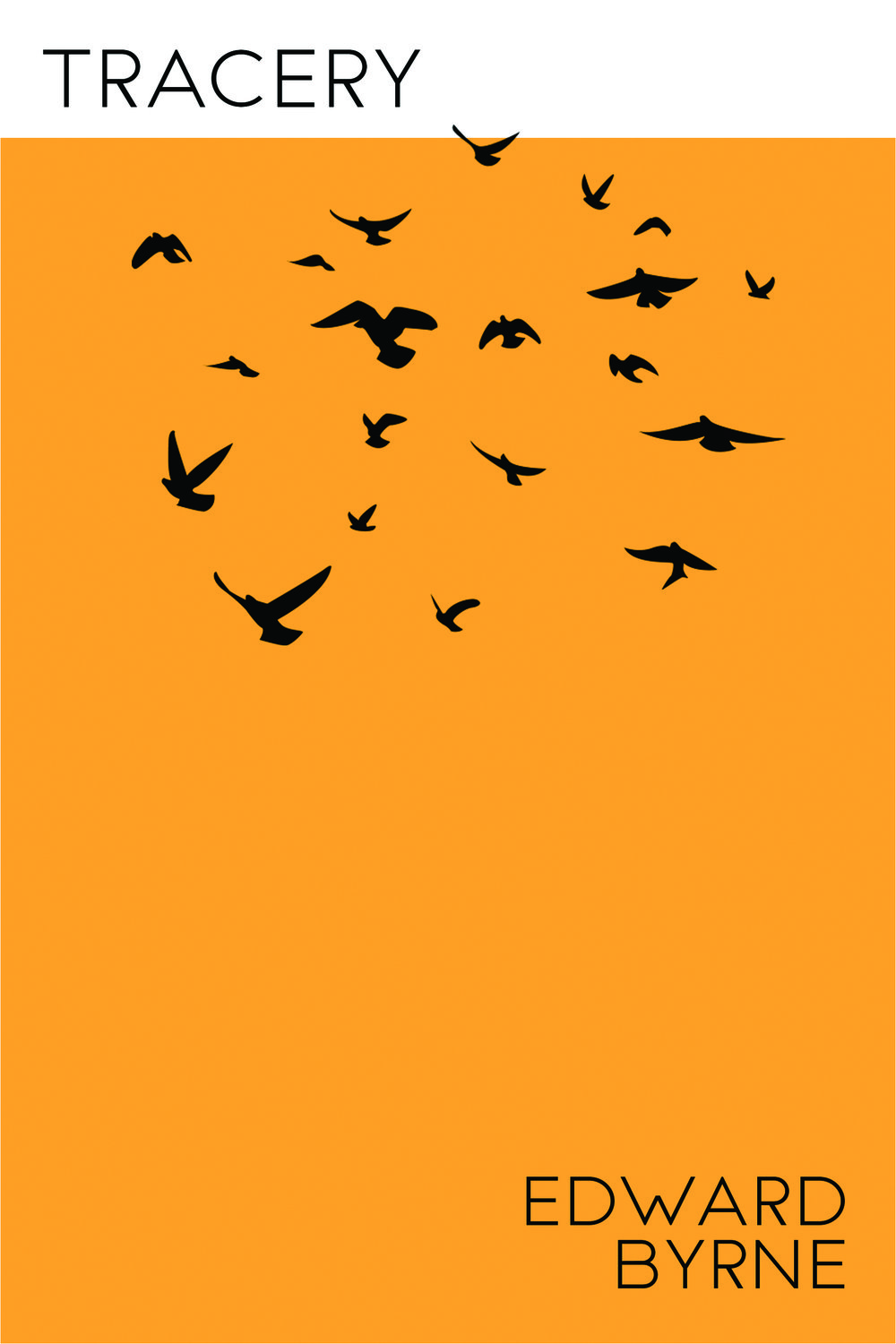Tracery

The poems in Tracery enact a lyric condensation. Many of them were written in transit: on the bus, on a bicycle, on foot, in the endless to and fro of work life. Their lyric brevity allowed composition directly in the brain, or quick jottings in a pocket notebook, primarily governed by the music of reason – “the ear’s judgement” (Joachim du Bellay), the “natural music” of poetry (Eustache Deschamps), “music at the heart of thinking” (Fred Wah). A major feature of this work is its incorporation and reworking – a translation – of other works of western literature and philosophy across the span of its brief, localized history. These are poems that barge into the arena of classic and modernist literary works with little regard for what is generally regarded as genius, with contempt for the ever-present misogyny and gender segregation of our collective past, with an ever-present critique, but also with a constantly renewable sense of wonder and humility. Written in a time of plagues, through dreams and daily life, these are poems to be enjoyed by anyone who observes events occurring in time, and then wonders at them.

Poet, translator, and essayist Edward (Ted) Byrne was born in Hamilton, Ontario, and moved to Vancouver in the late 1960s. His work has been published widely since the 1970s. For many years he was a researcher and later a director at the Trade Union Research Bureau. As a collective member of the Kootenay School of Writing (KSW) for over fifteen years, he organized readings, led seminars, wrote grant applications, and edited several issues of the journal WHe has been an active member in the Lacan Salon and one of its directors since 2010. He has a master’s degree in comparative literature from UBC, and has translated poetry from French, Old French, German, and Italian. His books include Aporia (1989), Beautiful Lies (1995), Duets (2018), A Flea the Size of Paris: The Old French fatrasies & fatras, with Donato Mancini (2020), and, as co-editor, Recovery of the Public World: Essays on Poetics in Honour of Robin Blaser (1999).

